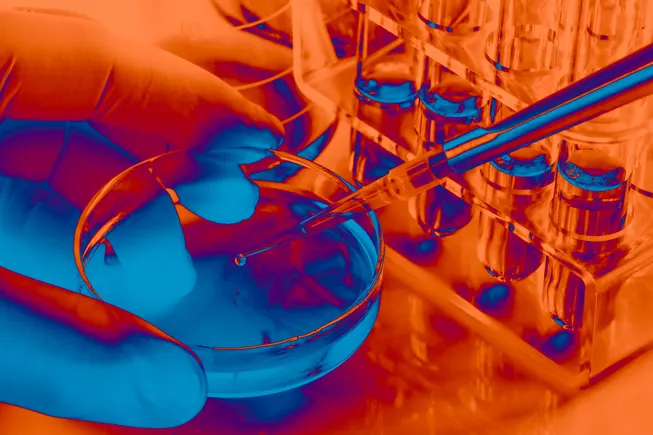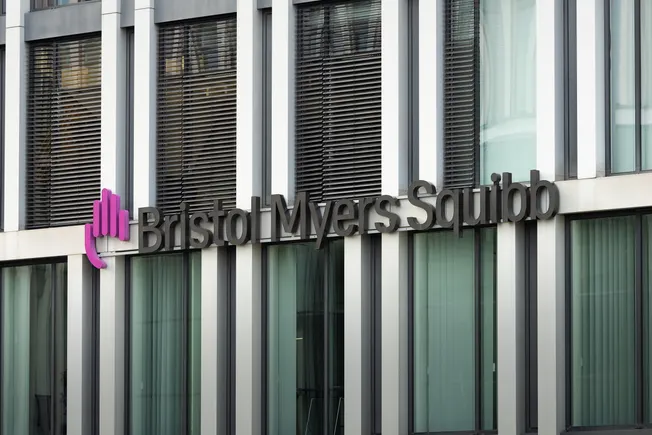Atai and Beckley, set to merge, reveal study success for psychedelic drug


Dive Brief:
- Atai Life Sciences and Beckley Psytech are making plans to push the psychedelic drug mebufotenin into Phase 3 testing after it safely and significantly reduced symptoms of treatment-resistant depression in a Phase 2b study.
- Shares of Atai jumped 20% after the companies’ announcement Tuesday. Atai also announced a $50 million private placement in a financing round led by Ferring Ventures and Apeiron Investment, the family office of Atai founder and Chairman Christian Angermayer.
- With the successful study in hand and a new infusion of cash, the companies are proceeding with plans to merge in the second half of this year. The combination, announced in June, was contingent on positive results from the Phase 2b trial. Atai had previously scooped up a 36% stake in privately held Beckley in 2024.
Dive Insight:
Atai and Beckley are looking to benefit from a new openness to psychedelic drugs for the treatment of mental health conditions. Both Health and Human Services Secretary Robert F. Kennedy Jr. and Food and Drug Administration Commissioner Martin Makary have touted the potential benefits of the medicines for patients, while Johnson & Johnson’s Spravato, a derivative of ketamine, has generated blockbuster sales.
Investors so far have shown a willingness to support the research but are looking for strong results. Compass Pathways recently failed to meet that mark with a medicine that succeeded in a Phase 3 trial but nevertheless disappointed shareholders by only reducing scores on a scale used to gauge depressive symptoms by a mean difference of 3.6 points compared with placebo.
Beckley’s mebufotenin showed a difference of 5.3 points and 6.3 points for the two therapeutic doses it tested as compared with a low-dose group used as a control when measured at Day 29 after treatment. Wall Street was looking for a difference of at least 5 points, Jefferies analyst Andrew Tsai wrote in a note to clients.
Like Spravato, mebufotenin is administered through the nose. Atai and Beckley said participants in its study generally were able to leave the clinic within 90 minutes, which would put the drug in the conventional treatment window established by Spravato. The study also found no serious side effects and no evidence of suicidal intent or behavior in patients given mebufotenin.
Researchers tested an 8 milligram dose and a 12 milligram dose against an 0.3 milligram control. The larger difference in depression symptom measurement was in the 8 mg dose, though the companies said they consider efficacy equivalent between the 8 mg and 12 mg doses. They plan to advance the 8 mg dose into Phase 3 testing after consulting with regulators.
The companies said improvements were seen as early as one day after treatment and generally lasted at least eight weeks. While the results need to be confirmed in a continuing open-label study of a second dose and the eventual Phase 3 trial, the data suggests Atai and Beckley may be able to offer a longer window between treatments, possibly giving their drug an advantage over rivals such as Spravato, Tsai said.
This post has been syndicated from a third-party source. View the original article here.




